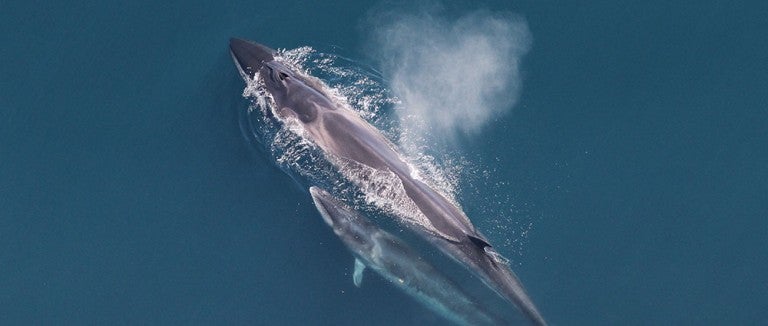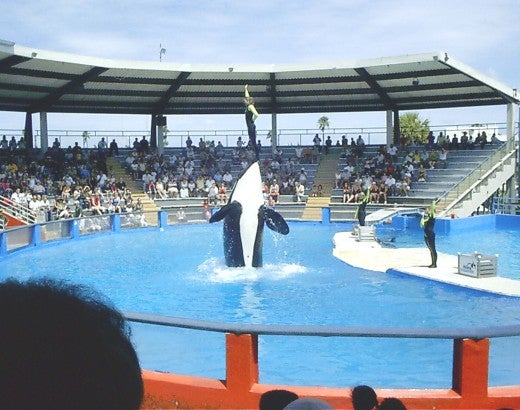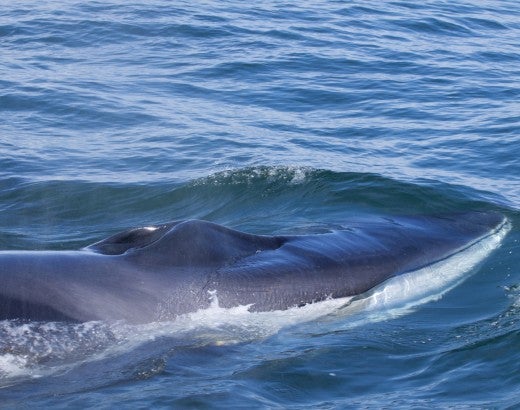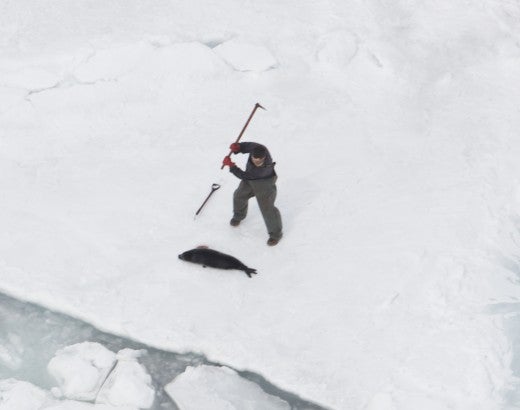Over the course of a long career, I’ve spent countless hours at international conferences listening to the representatives of Iceland, Japan and Norway attempt to rationalize their killing of whales. These three nations, so often lauded for their standing and positive contributions within the global community, come up short indeed in the moments when they defend an industry that marks for death some of the most remarkable species ever to have roamed the Earth. No matter how many times I've heard those government officials talk about it, no matter how many times I’ve read the kill tallies, I’ve never quite lost the sense of disbelief that I experience when listening to them attempt to justify the crudeness and carnage. How could they?
The holdouts are entrenched, with Japan the most entrenched of all. For decades, Japan flouted the global moratorium on commercial whaling by killing whales under the guise of “scientific research” and selling the meat in its domestic commercial market. Five years ago, abandoning any pretense, Japan withdrew from the International Whaling Commission, the global convention that oversees the management and conservation of whales. Since then, Japan has been killing whales in plainly commercial operations within its territorial waters. And last month saw not only the launch of a new 9,000-tonne whaling vessel, the Kangei Maru, but also Japan’s announcement that it plans to add commercial whaling quotas for fin whales on the purported basis that there are “sufficient stocks” of these animals in its exclusive economic zone.
The fin whale is the second largest whale species and the second largest animal ever to have lived on Earth. Like all cetaceans, fin whales are threatened by multiple threats to the marine environment, including climate change, chemical and plastic pollution, fisheries bycatch, and ship strikes.
While the global population of fin whales is listed as vulnerable by the International Union for Conservation of Nature, the status of the North Pacific population is unknown according to the IWC, further drawing into question the sustainability of Japan’s proposition to begin killing them.
The last time Japan hunted fin whales in the North Pacific was in 1975, nearly 50 years ago. The IWC listed North Pacific fin whales as a “Protection Stock” in 1976, effectively prohibiting commercial whaling of this population even before the global commercial whaling moratorium was enacted in 1986. The North Pacific fin whale remains protected today under both these designations.
Although it has withdrawn from the IWC, the judgment of its peer nations, and our judgment, is this. Japan still has a duty under international law and the United Nations Convention on the Law of the Sea to cooperate with the IWC in the conservation and management of great whales including the fin and all other great whales.
Instead, Japan is eyeing bigger and bigger whales to target with its commercial whaling operations. Since the global commercial whaling moratorium went into effect, Japan has killed nearly 20,000 great whales, and it currently kills three species of great whales: minke, Bryde’s and sei whales (the last of these listed as endangered under the IUCN).
Japan’s new whaling ship reportedly cost approximately 7.5 billion yen, a large part of which was subsidized by the country’s taxpayers. Despite proponents’ claims that whales are an important food resource, Japan’s national whale meat consumption is at an all-time low.
Consumer demand for whale meat is also bottoming out in Norway.
It amounts to this. Whale meat is out of fashion, it’s not coming back, and we don’t need whaling. We do need whales though, not least because they play an outsized biological role in marine ecosystems, and there is evidence that they capture large amounts of carbon, helping to ward off climate change. They are also the foundation of a worldwide industry―whale watching―that generates vast economic opportunities for coastal communities all over the planet, a humane, sustainable and lucrative alternative to slaughter. In addition to their essential ecosystem services, and the promise of ethical ecotourism and whale watching, there is the unshakeable fact that is at the center of concern for me, the organization and our supporters—it is not possible to kill whales humanely. Commercial whaling, by Japan or any other nation, is a cruel and unnecessary folly.
Follow Kitty Block @HSUSKittyBlock.



